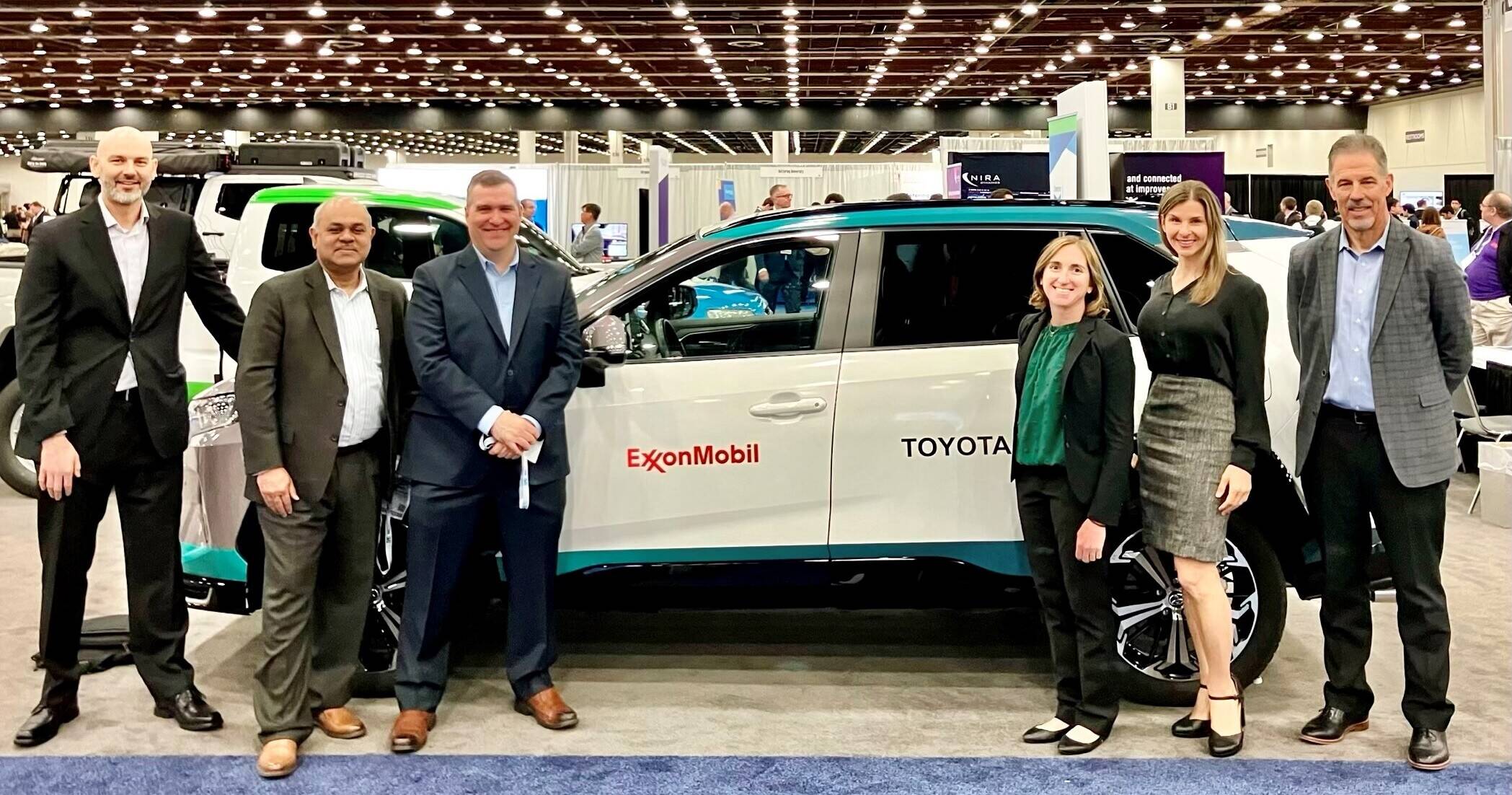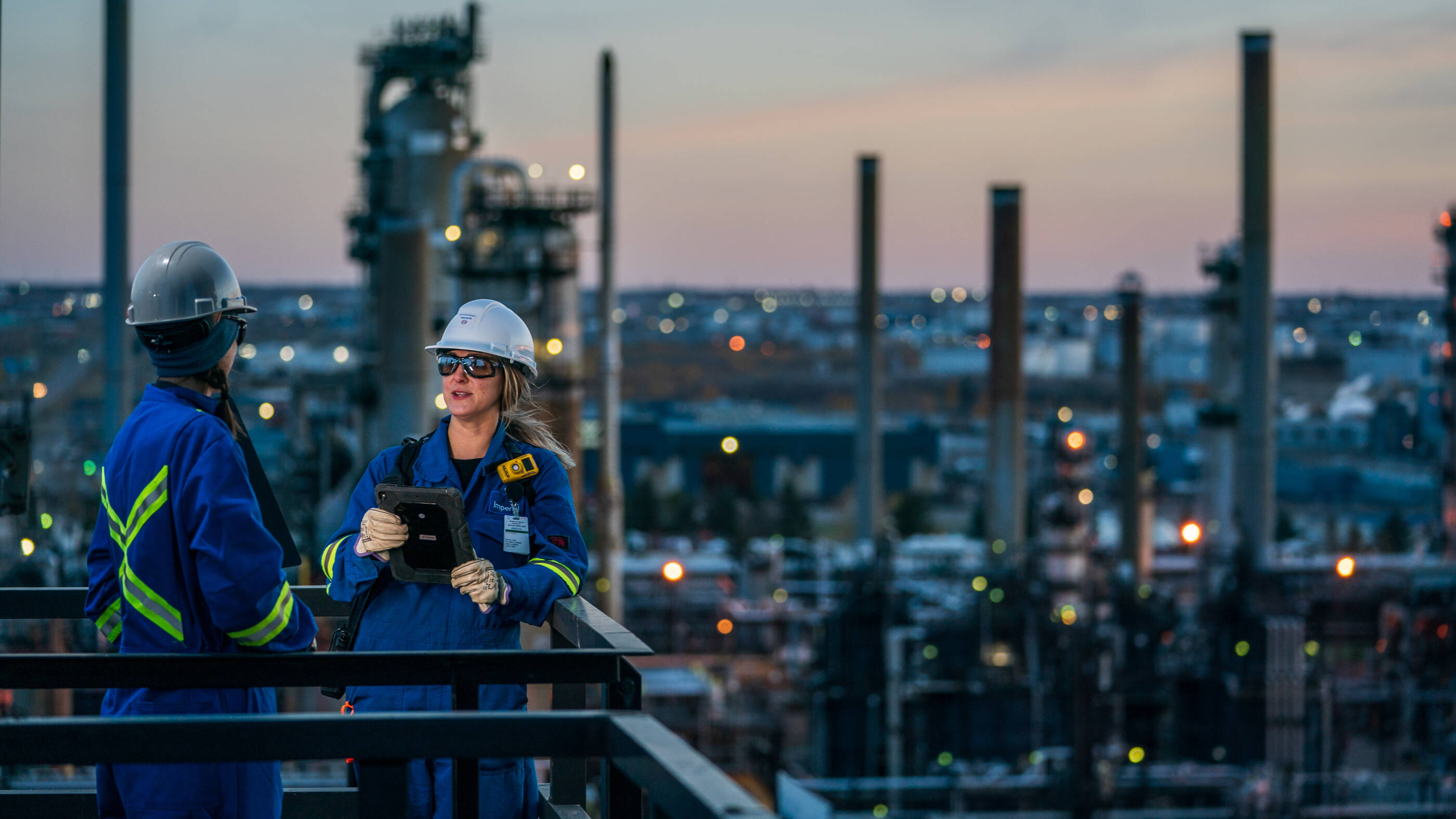selected item
2 min read
•Fueling America's future with Toyota
Key takeaways:
- Lower greenhouse gas (GHG) emission liquid fuels hold promise.
- They seamlessly integrate with existing infrastructure and vehicles.
- With supportive policy, they could complement electric vehicles.
2 min read
•We’ve joined forces with Toyota to showcase the potential of lower GHG emission liquid fuels.
Our goal? To see if they can be used in existing engines and vehicles.
Results from recent tests are promising.
Lower GHG emissions
Compared to traditional fuel, the research fuels we’ve developed have the potential to reduce lifecycle greenhouse gas (GHG) emissions by 20% to 75%*.
And that’s just one potential advantage. Others include…
- Integration with existing infrastructure – like pipelines and fueling stations
- Compatibility with the existing fleet – from your 20-year-old Camry to your brand-new RAV4
- Continued vehicle performance – with our lower-emission liquid fuels, you can drive your car the same way you did with traditional fuel

Engines aren’t going away
Across the world, hundreds of millions of cars, trucks, planes, ships and trains currently run on liquid fuels.
Which is why reducing lifecycle GHG emissions from internal combustion engine (ICE) vehicles is so important.
Lower emission fuels (LEFs) are complementary to electric vehicles (EVs), offering you a choice and the ability to potentially reduce lifecycle GHG emissions no matter what kind of vehicle you drive.
Reducing GHG emissions, not options
Despite ambitious EV adoption targets, ICE vehicles aren’t going away any time soon.
That’s why LEFs are so crucial – they’re key to reducing GHG emissions associated with liquid fuels — and ultimately, help us meet global emissions reduction targets.
With supportive policy from U.S. lawmakers, they can become a market-competitive option. To learn more, watch the video below.
*Reductions in Carbon Intensity (CI) estimates are based on the lifecycle greenhouse gas emissions of the fuels tested at Toyota’s Research Center, compared to petroleum gasoline. Estimated CI values are based on either GREET 2021 estimates, or feedstock Proof of Sustainability documents. Actual results may vary.
Newsroom
Stay up to date with the latest news and information
Explore more

From lab to track: our LEFs power Red Bull KTM Factory Racing
2 min read
•
Can ships run on biofuel?
4 min read
•
Expert spotlight: Brianne Kanach - from intern to advancing lower-emission fuels
3 min read
•
Co-processing: Making tomorrow’s fuel with today’s facilities
2 min read
•

